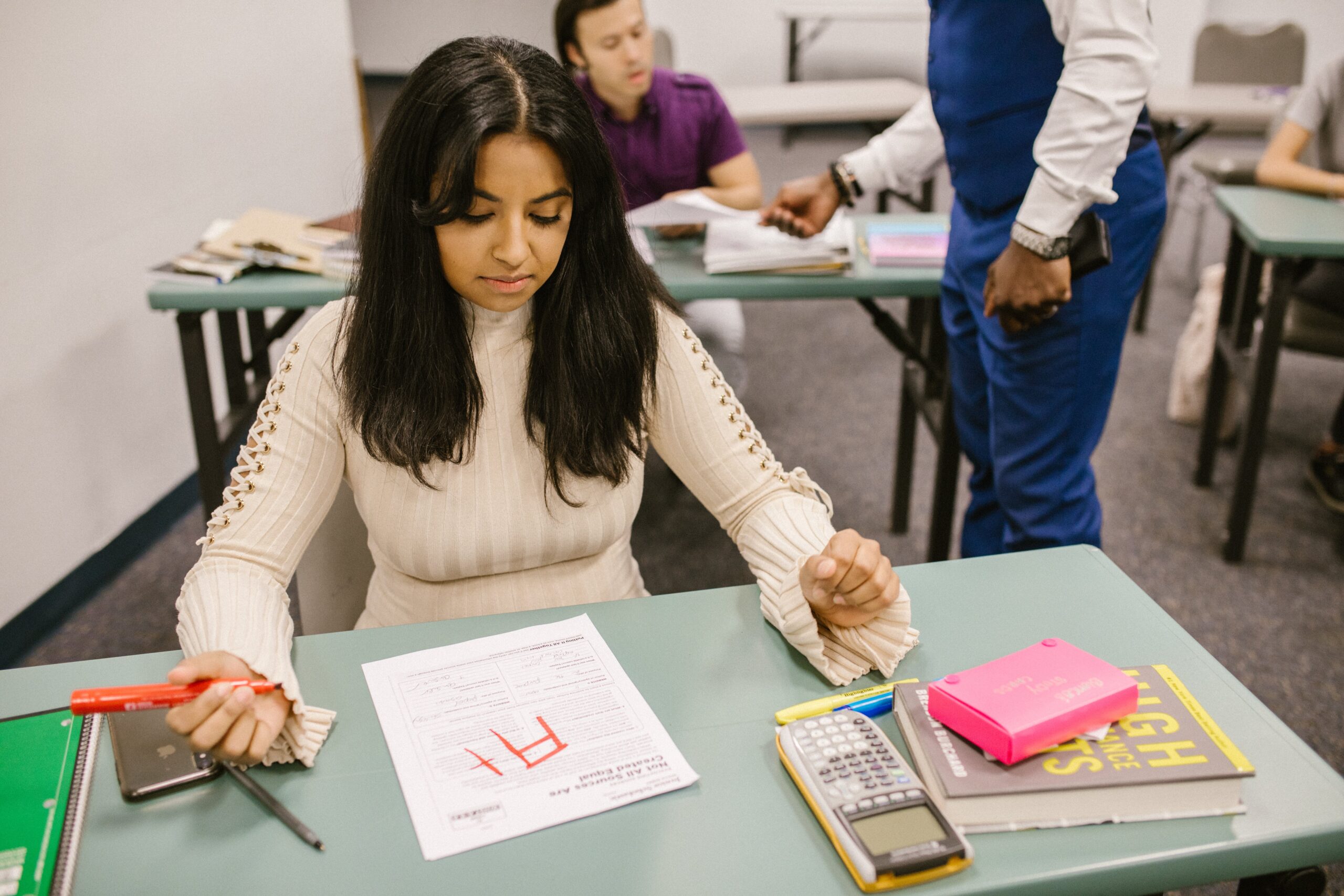In the 21st century, as society undergoes rapid transformations, the inadequacies of our education system come into sharp focus. The traditional model, designed for an industrial-era society, no longer aligns with the needs of a dynamic, interconnected world.
This exploration delves into the critical facets of our outdated education system, examining its shortcomings and advocating for a transformative shift that prepares learners for the challenges of today and tomorrow.
1. The Industrial-Era Roots
Our contemporary education system traces its roots to the industrial revolution, where the goal was to produce a compliant workforce for factories. The rigid structure, compartmentalized subjects, and standardized assessments were conceived to meet the demands of an era vastly different from our current information age.
2. Standardization vs. Individuality
One of the glaring issues is the emphasis on standardization over individuality. The assembly-line approach to education tends to treat students as uniform products, neglecting their unique talents, learning styles, and interests. This one-size-fits-all model stifles creativity and fails to nurture the diverse skills essential for success in the modern world.
3. Memorization vs. Critical Thinking
The emphasis on rote memorization, a relic from the past, overshadows the cultivation of critical thinking skills. In a world flooded with information, the ability to analyze, synthesize, and apply knowledge is paramount. The current system often falls short in fostering these crucial skills, leaving graduates ill-equipped to navigate the complexities of the contemporary landscape.
4. Technology’s Impact and the Digital Divide
While technology has revolutionized every aspect of our lives, education has been slow to adapt. The digital divide widens as students in affluent areas access cutting-edge resources, while those in underserved communities grapple with outdated materials. Bridging this gap requires a systemic overhaul that integrates technology seamlessly into the learning process.
5. The Overemphasis on Grades
Grades, a traditional measure of academic success, often overshadow the true purpose of education. The relentless pursuit of high grades can lead to a superficial understanding of subjects, fostering a culture that values memorization for exams rather than a genuine passion for learning. Reassessing the role of grades is vital for encouraging a more profound engagement with education.
6. Lack of Practical Life Skills
The current education system often neglects the teaching of practical life skills essential for adulthood. From financial literacy to emotional intelligence, students are left to navigate the complexities of life without adequate preparation. A curriculum that incorporates these life skills equips students for a holistic and well-rounded existence.
7. Inequality and Accessibility
The glaring inequalities in education exacerbate social disparities. Quality education should not be a privilege but an essential right. Addressing issues of accessibility, ensuring resources are distributed equitably, and acknowledging diverse learning needs are imperative steps toward a more inclusive educational system.
8. The Role of Teachers
Teachers, the backbone of the education system, face challenges arising from outdated methodologies and limited resources. Empowering teachers with professional development opportunities, integrating modern teaching practices, and recognizing their pivotal role in shaping future generations are key components of a reimagined education system.
9. Encouraging Lifelong Learning
The rapidly evolving landscape demands a shift from viewing education as a static phase to embracing it as a lifelong journey. A future-ready education system should instill a love for learning, encouraging individuals to adapt, upskill, and stay curious throughout their lives. This approach not only benefits individuals but contributes to a more agile and resilient society.
10. A Call for Comprehensive Reforms
The need for comprehensive reforms is evident. This includes reevaluating curricula, adopting flexible learning models, and embracing innovative teaching methods. Educational policymakers, institutions, and communities must collaborate to ensure that the next generation emerges not only academically proficient but also equipped with the skills and mindset necessary for success in an ever-changing world.
11. Global Perspectives on Educational Innovation
Examining successful educational models worldwide can provide valuable insights. Countries that prioritize creativity, critical thinking, and adaptability in their curricula serve as examples for transformative change. Learning from these global perspectives can inform the reimagining of our own educational system.
12. Building a Future-Oriented Education System
The vision for a future-oriented education system involves a holistic approach. This includes integrating technology seamlessly, fostering critical thinking and creativity, prioritizing practical life skills, and ensuring accessibility for all. Building partnerships between educational institutions, communities, and industries is crucial for creating a collaborative ecosystem that nurtures well-rounded, adaptable individuals.
13. Inclusivity and Diversity
An essential aspect of a revamped education system is embracing inclusivity and diversity. Recognizing and celebrating different learning styles, cultural backgrounds, and individual strengths contribute to an educational environment that prepares students for the multicultural, interconnected world they will navigate.
14. The Role of Parents and Communities
Parents and communities play a vital role in the education equation. Engaging parents in their children’s education, fostering community support, and creating environments that extend learning beyond the classroom are integral components of a successful education system.
Conclusion
In conclusion, the time for change in our outdated education system is not only imminent but necessary. As we confront the challenges of the 21st century, an education system designed for the needs of a bygone era is a hindrance to progress.
By acknowledging the shortcomings, embracing innovation, and fostering a collective commitment to change, we can build an educational landscape that equips individuals not just for the present, but for a future where adaptability, creativity, and lifelong learning are paramount.
It is a call to action, a rallying cry to transform education into a force that empowers, inspires, and propels humanity toward a brighter, more inclusive future.




